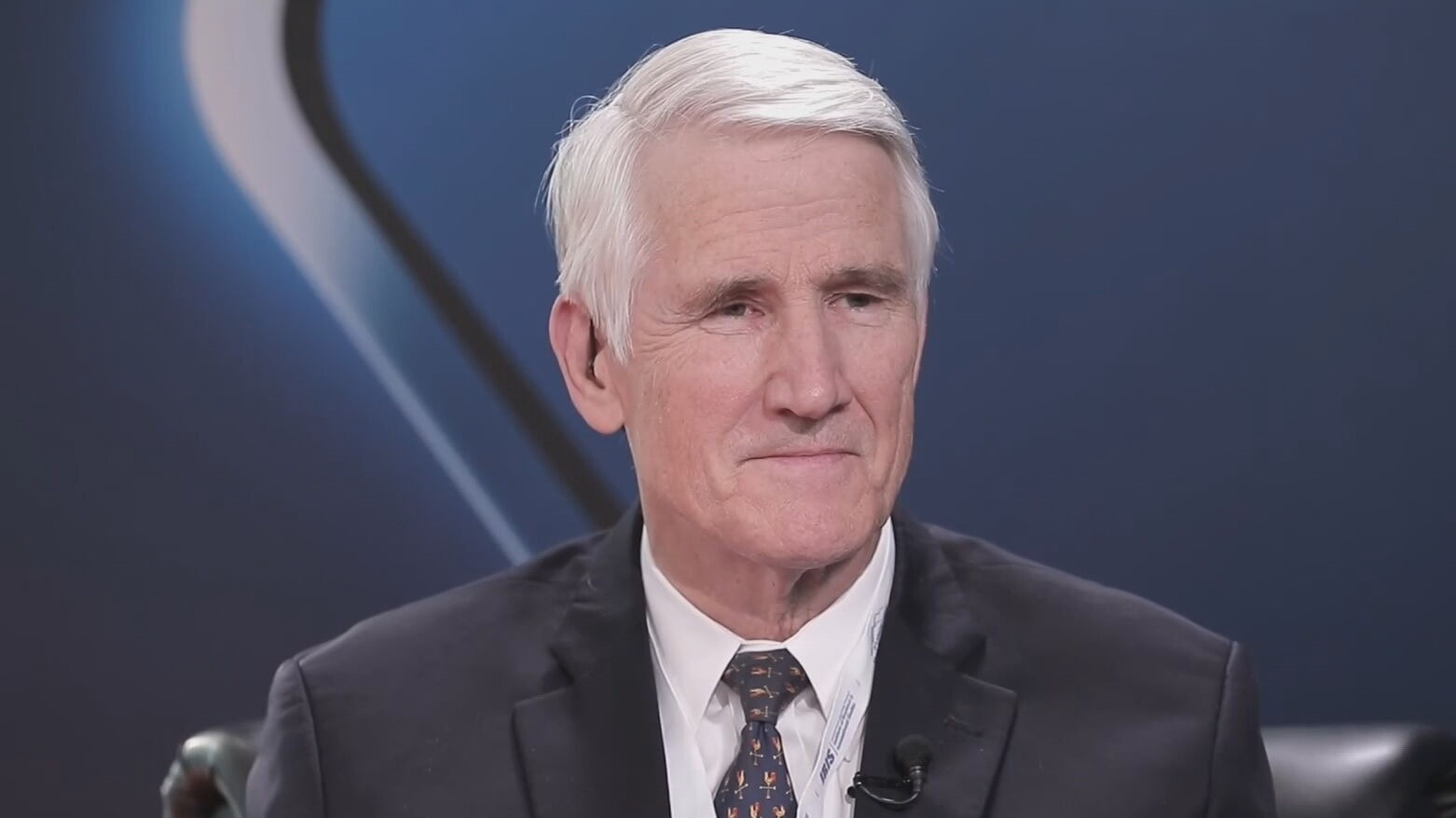Mark Kimmitt to Kurdistan24: U.S. Will Not Resort to War if Iran Talks Collapse
“President Trump was proud of not starting a war during his tenure—and I don’t think he plans to start one now either,” Mark Kimmitt said.

By Ahora Qadi
ERBIL (Kurdistan 24) – Mark Kimmitt, former U.S. Assistant Secretary of State, confirmed during an exclusive interview with Kurdistan24 on the sidelines of the ninth Sulaymaniyah Forum 2025 that the United States is unlikely to resort to military action if ongoing nuclear negotiations with Iran break down.
Speaking on Wednesday, Kimmitt highlighted the importance of the conference, describing it as “the first real platform to discuss the results of renewed U.S.-Iran negotiations on Tehran’s nuclear ambitions.” He praised the clarity provided by both Iranian and American representatives present at the forum and commended the American University of Iraq–Sulaymaniyah and Kurdistan24 for organizing and sponsoring what he termed a "gathering of great minds on tough issues."
No New Warpath—Economic Pressure Instead
Kimmitt emphasized that the idea of war following failed negotiations is a misconception frequently amplified by media narratives. "People often assume that if diplomacy fails, war is inevitable," he said. "But there’s a significant step in between: an intensified economic confrontation."
According to Kimmitt, the U.S. has multiple layers of economic pressure tools that are yet to be fully utilized under the so-called "maximum pressure" campaign. He cited a potential embargo on Iranian oil exports as a decisive move that could paralyze Iran’s economy and potentially shift its strategic calculations.
“President Trump was proud of not starting a war during his tenure—and I don’t think he plans to start one now either,” Kimmitt added, underscoring the Republican frontrunner’s aversion to initiating armed conflict.
Stability Without Redrawing Borders
Addressing regional geopolitics, Kimmitt dismissed the possibility of redrawing borders in the Middle East. “Even with the collapse of Assad’s regime, al-Sharaa has maintained a strong line on preserving Syrian unity,” he said. “If changes weren’t made in Syria, they’re unlikely elsewhere.”
While he acknowledged that Iranian proxies like Hezbollah, Hamas, and the Houthis have been weakened post-October 7th, Kimmitt warned they remain intact and capable of future destabilization. “The grass has been mowed,” he said, “but it will grow back.”
Kurdistan–U.S. Relations: A Two-Decade Partnership
Kimmitt also reflected on the enduring relationship between the Kurdistan Region and the United States, recalling his own experience working with Kurdish officials during his tenure at the Department of Defense in 2006. “Kurdistan has been America’s most consistent ally in Iraq for two decades,” he affirmed.
Debt Over Diplomacy
Pivoting to U.S. domestic constraints, Kimmitt expressed concern over America’s $37 trillion national debt, arguing that fiscal limitations could curtail Washington’s global influence. “Right now, the interest payments on our debt exceed the defense budget. That’s a warning signal,” he said.
On Iraq and Iran: Influence vs. Interference
When asked about the broader regional dynamics, Kimmitt distinguished between acceptable influence and unacceptable interference. “The U.S. position is clear: Iraq must make its own decisions without external coercion—not from Iran, not from us,” he said. “Let Iraq be Iraq.”
Concluding his remarks, Kimmitt underscored that, decisions on Iraq’s future, including its relationship with the Kurdistan Region, must be left to Iraqis themselves. “That’s not our call,” he stated. “It’s up to Baghdad and Erbil to decide what serves the country’s best interests.”